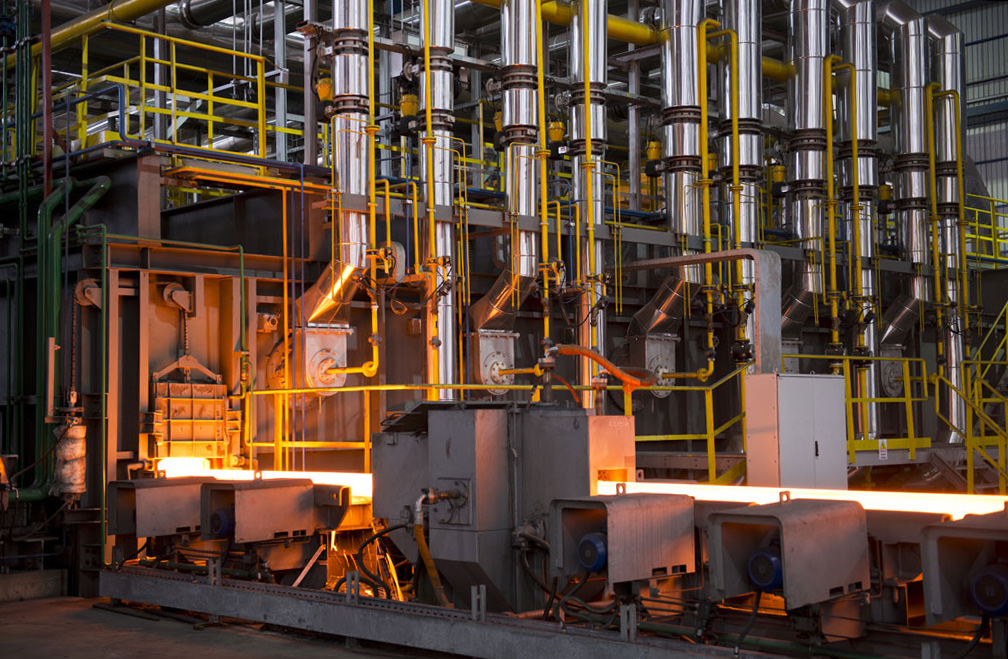The Reheating Furnace Advanced Course is for metal manufacturing professionals seeking to enhance their expertise in furnace design, operational maintenance, process optimization, and energy efficiency in steel and metal manufacturing. The course covers advanced concepts in metal manufacturing, heat transfer mechanisms, fuel efficiency, and automation, focusing on improving performance and sustainability. Key areas include Continuous and Discontinuous Furnaces, Types of Reheating Furnaces, and Choice of Heating Methods, along with Furnace Design and Operational Maintenance.
Participants will gain in-depth knowledge of Type 1: Push Type and Type 2: Walking Beam/Walking Hearth furnaces, equipping them with the skills to optimize furnace performance, reduce energy consumption, enhance product quality, and implement advanced automation and control strategies. By applying these insights, professionals can contribute to a more efficient, cost-effective, and environmentally sustainable metal manufacturing process.

Our Reheating Furnace Advanced Course is designed to provide you with a solid foundation in reheating furnace operations, preparing you for a successful career in the steel and metal manufacturing industry. This course combines theoretical knowledge with practical application, ensuring you gain the skills needed to optimize furnace performance and efficiency.
From heat transfer principles to furnace design, operation, and maintenance, you will understand how and why technical solutions, heating methods, automation strategies, and energy efficiency measures are selected to enhance product quality, reduce energy consumption, and maximize overall plant profitability.






Dr. Moreno De Luca is a seasoned specialist in industrial furnace design, combustion systems, and energy-efficient heating solutions, with over 50 years of experience in the steel and metals industry. His career spans the design, development, and construction of reheating furnaces, aluminum melting furnaces, and advanced combustion technologies.
Dr. De Luca has spearheaded the development of innovative furnace solutions, emphasizing energy efficiency, emission reduction, and the integration of new technologies like Joule Effect heating and plasma energy systems. Throughout his career, he has designed and delivered over 300 industrial furnaces worldwide, collaborating with major industrial groups across Europe, Africa, the Middle East, and the Americas.
Holding a Ph.D. in Industrial Engineering, Mathematics, and Physics from the University of Berkeley, Dr. De Luca is also highly regarded for his expertise in refractory lining, heat recovery, and digital control systems for combustion efficiency. His long-standing commitment to innovation and client collaboration has made him a trusted name in industrial heating and sustainability.